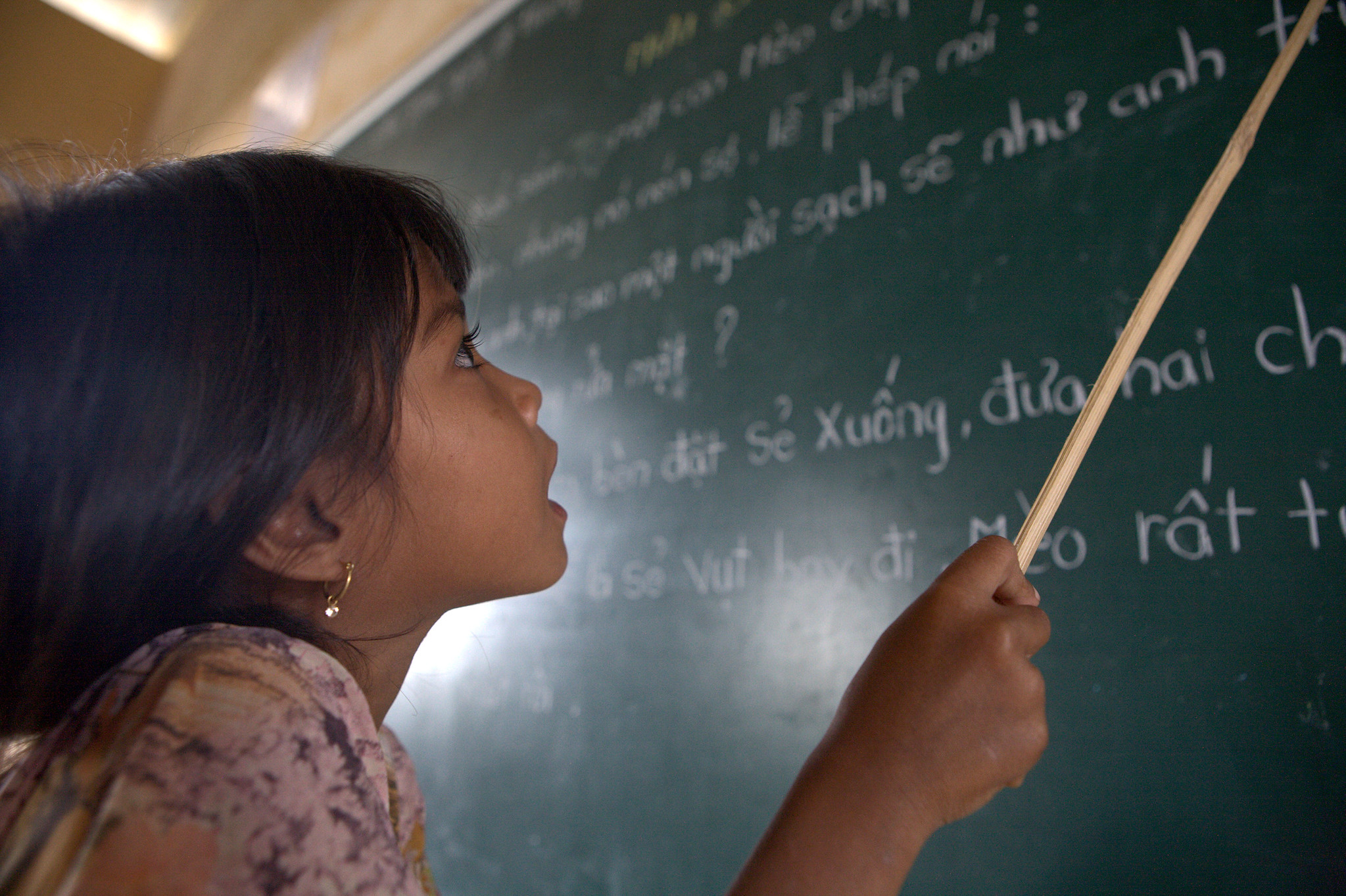The House Financial Services Committee will consider new legislation this week that would contribute $400 million in FY2009 to a multilateral Clean Technology Fund (CTF), administered by the World Bank, to promote low-carbon energy production in developing countries. Scheduled for mark-up on Tuesday, H.R. 6315 was introduced in the House of Representatives by Congresswoman Gwen Moore (D-WI) last Thursday with bipartisan co-sponsorship that includes Financial Services chairman Barney Frank (D-MA).The bill is the product of a hearing held earlier this month that considered President Bush's pledge to contribute $2 billion to the fund over three years. CGD senior fellow David Wheeler was invited to testify at the June 5th hearing and lauded the Bush Administration for its efforts but cautioned that Congress should not authorize the World Bank to oversee such funds without critical conditions. Though imperfect, the text of H.R. 6315 suggests the committee members took David's advice to heart and incorporated many of his specific recommendations in the final legislation, which could transform the World Bank's energy investments in the developing world.David's testimony emphasized the need for two policy changes to the current World Bank CTF proposal before any congressional authorization of funds:
- Use CTF funds to invest in projects that will make zero-emissions renewable-energy like solar thermal power cost competitive with energy from fossil fuels like coal; and
- Require the World Bank to adopt carbon accounting as rapidly as possible in projects' cost/benefit analyses
On the first point, the language of H.R. 6315 stipulates (emphasis added):
SUPPORT OF ZERO CARBON AND CLEANER TECHONOLOGIESThe Secretary of the Treasury shall seek to ensure that-(1) the priorities of the Fund include supporting 'zero carbon' technologies, and improvements in energy efficiency in existing infrastructure that demonstrate an ability to be transformational in support of a country’s path toward low carbon development;(2) the disbursement of amounts in the Fund demonstrate a preference for 'zero carbon technologies'; and(3) funding from the Fund is provided to close the gap between higher cost, cleaner technologies and lower cost technologies.
The language's "preference" for zero-carbon technologies is an encouraging sign, in addition to the requirement that efficiency improvement projects "demonstrate an ability to be transformational in support of a country's path toward low carbon development." While the legislation does not go as far as David's testimony, which suggested excluding all proposals for coal-fired power, the language certainly reflects the need for the World Bank to change its oft-cited business-as-usual approach of investing hundreds of millions in fossil fuel projects (see World Bank Clean Technology Fund Would Be Cash Cow for Coal).David McCormick, U.S. Treasury undersecretary for international affairs, said coal plants would only be a "minor part" of CTF-funded programs in his testimony before the House Financial Services Committee, but recent statements by Bush Administration officials suggest the Bank may be planning to use CTF funds to rapidly expand investments in coal-fired power in India and elsewhere.David argued that carbon accounting would be pivotal to changing the way business is done at the bank altogether, by requiring the institution to incorporate in project analyses a dollar cost, or charge, for every ton of emitted CO2. As David explained in his testimony:
Several major U.S. investment banks have already extended their conventional cost accounting to include carbon charges in their analyses of energy project proposals. Unfortunately, no such accounting policy currently exists at the World Bank.…The per-ton charge required to facilitate a switch to renewable alternatives is well within the range of the estimated social costs of climate change, which will be borne primarily by citizens of the developing world. That the World Bank has no policy for, or experience with, incorporating such considerations into project appraisal is worrying, especially given its role as an investor of donor dollars for projects intended to improve the welfare of the world's poor.
Section 2 of H.R. 6315 attempts to fill this gap in Bank accounting by amending the International Financial Institutions Act to explicitly require the use of greenhouse gas accounting by multilateral development banks "in analyzing the benefits and costs of all projects for which funding is sought from the bank." Section 2 further defines what that analysis would entail:
(b) SENSE OF THE CONGRESS. -- It is the sense of the Congress that adopting and implementing GHG accounting includes --(1) calculating net carbon flows;(2) establishing uniform calculation techniques, with provision for modification as professional standards evolve;(3) making public the calculation techniques and the calculations;(4) adopting and making public a uniform carbon charge rate which appropriately reflects the global social cost of a unit of carbon emissions; and(5) performing carbon GHG accounting, including a full carbon charge for each project, defined as the net carbon flow multiplied by the carbon charge rate.
Even if the CTF authorization language fails to exclude outright coal-fired power projects from funding, the carbon accounting requirement would be a significant step forward in making zero-carbon alternatives more competitive with fossil fuels. Once investment project proposals more accurately reflect all of the associated social costs of production and operation, the cost gap between fossil fuels and renewables will shrink, and CTF funds will be much more likely to be invested in zero-carbon alternatives that could make a truly transformational impact. For example, David recently outlined a possible CTF program with carbon accounting that could make solar thermal power competitive with coal in 5-10 years at a cost of $4-8 billion (see World Bank Power Projects: Crossroads on Renewable Energy), well within the range of the current CTF design.Language may still be added to the bill during the mark-up proceedings on Tuesday, that could potentially strengthen or weaken the bill. But as interested parties monitor the session on Tuesday, the drafters of H.R. 6315 should be commended for an ambitious legislative undertaking whose vision may finally prod the World Bank closer to a catalytic role in addressing our climate crisis.
Disclaimer
CGD blog posts reflect the views of the authors, drawing on prior research and experience in their areas of expertise. CGD is a nonpartisan, independent organization and does not take institutional positions.





